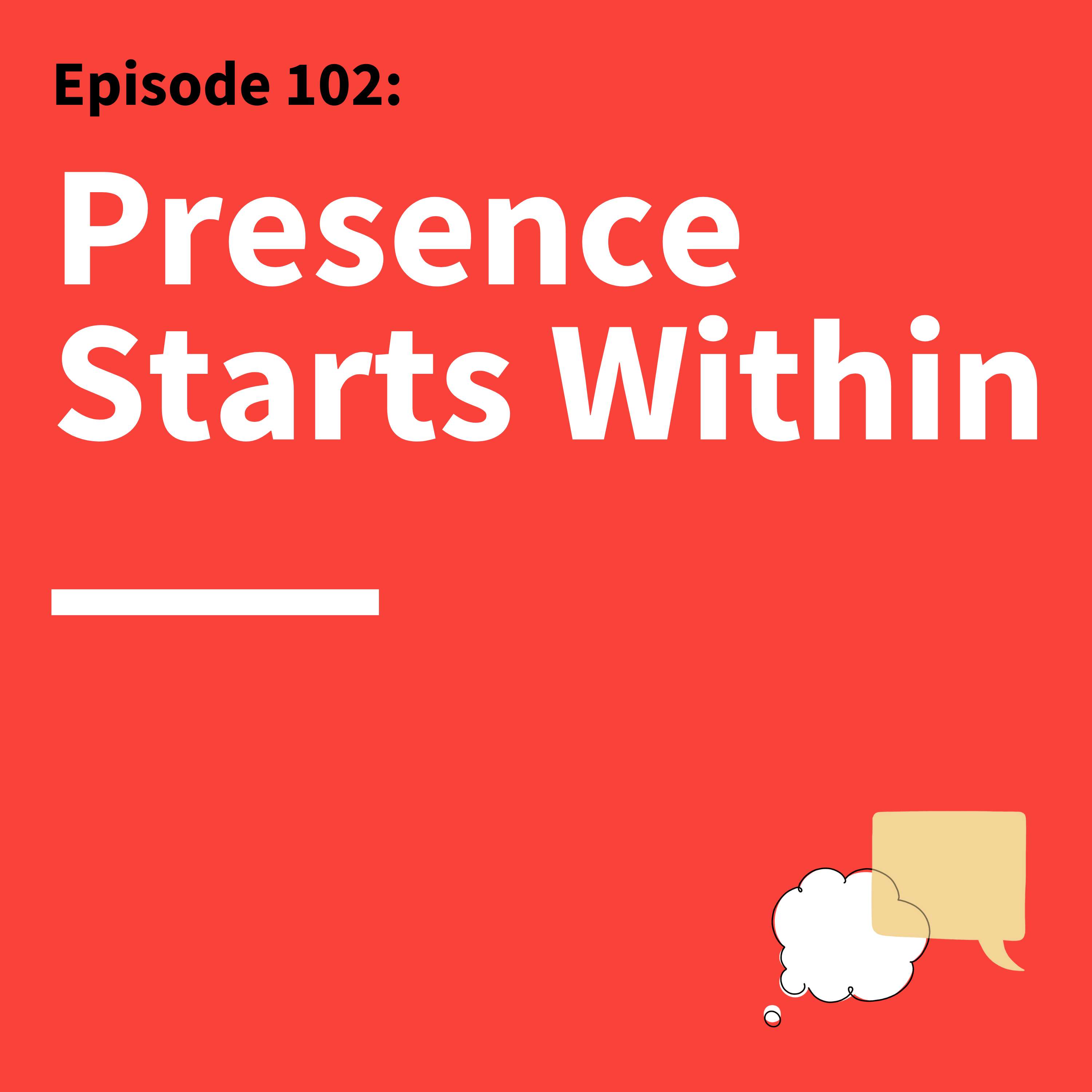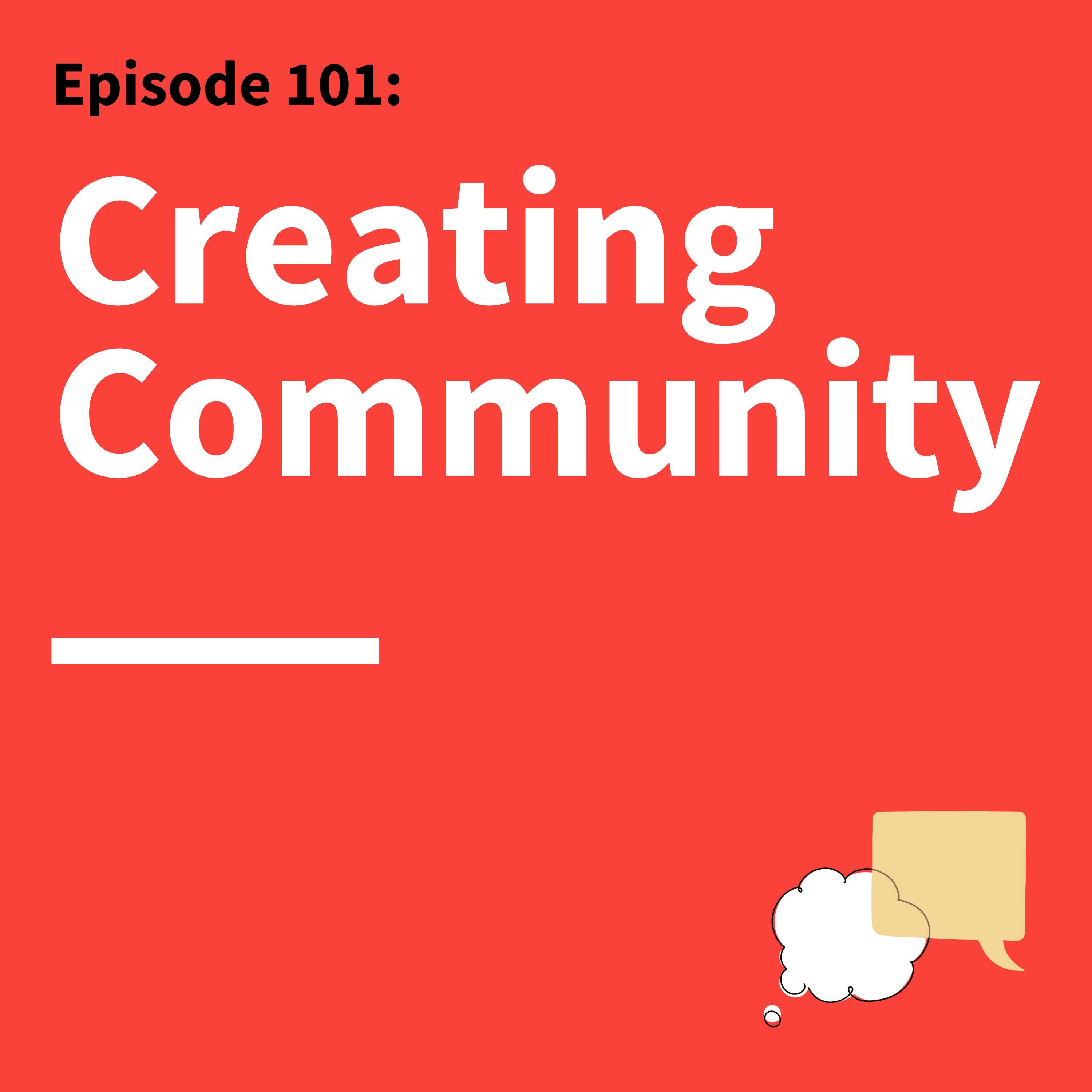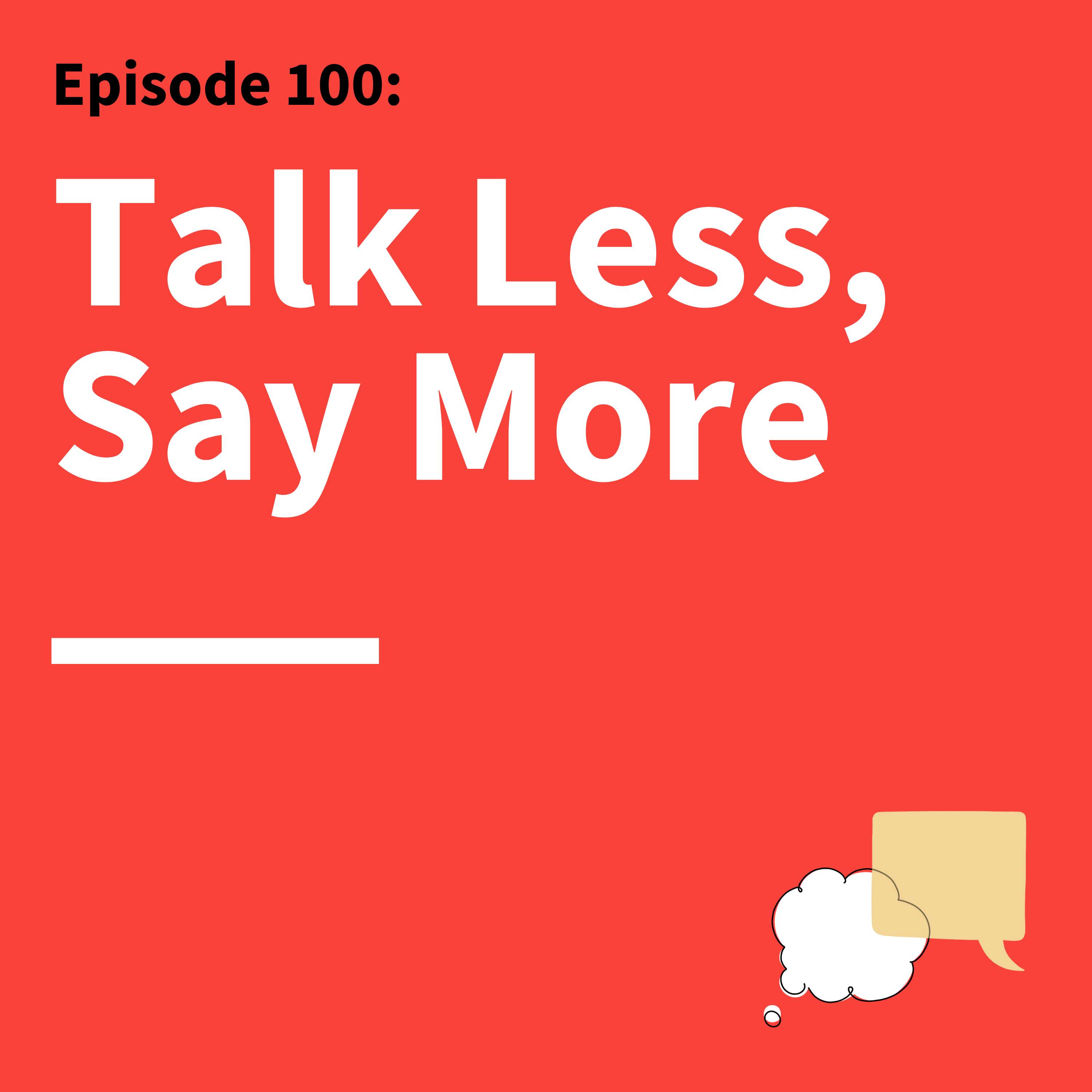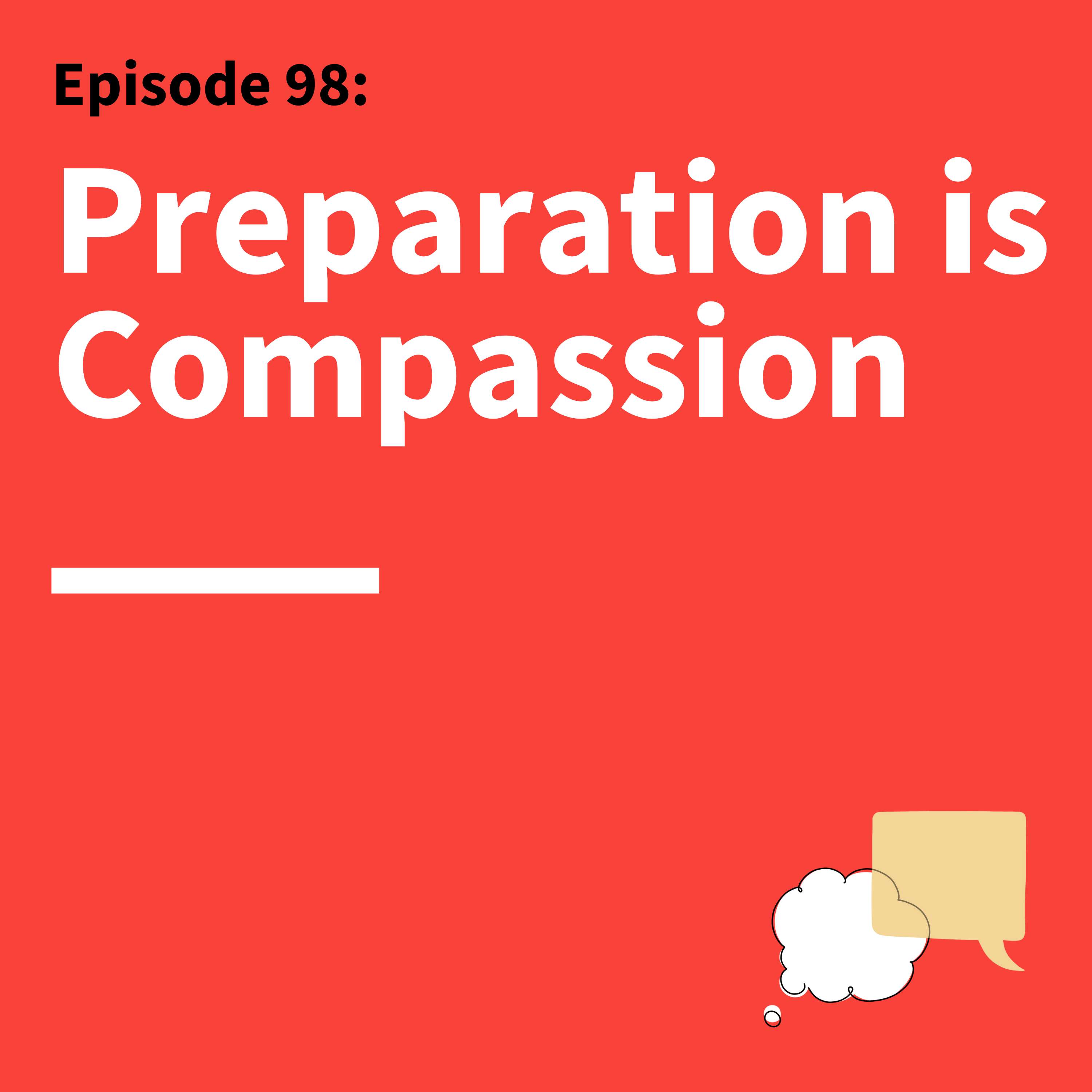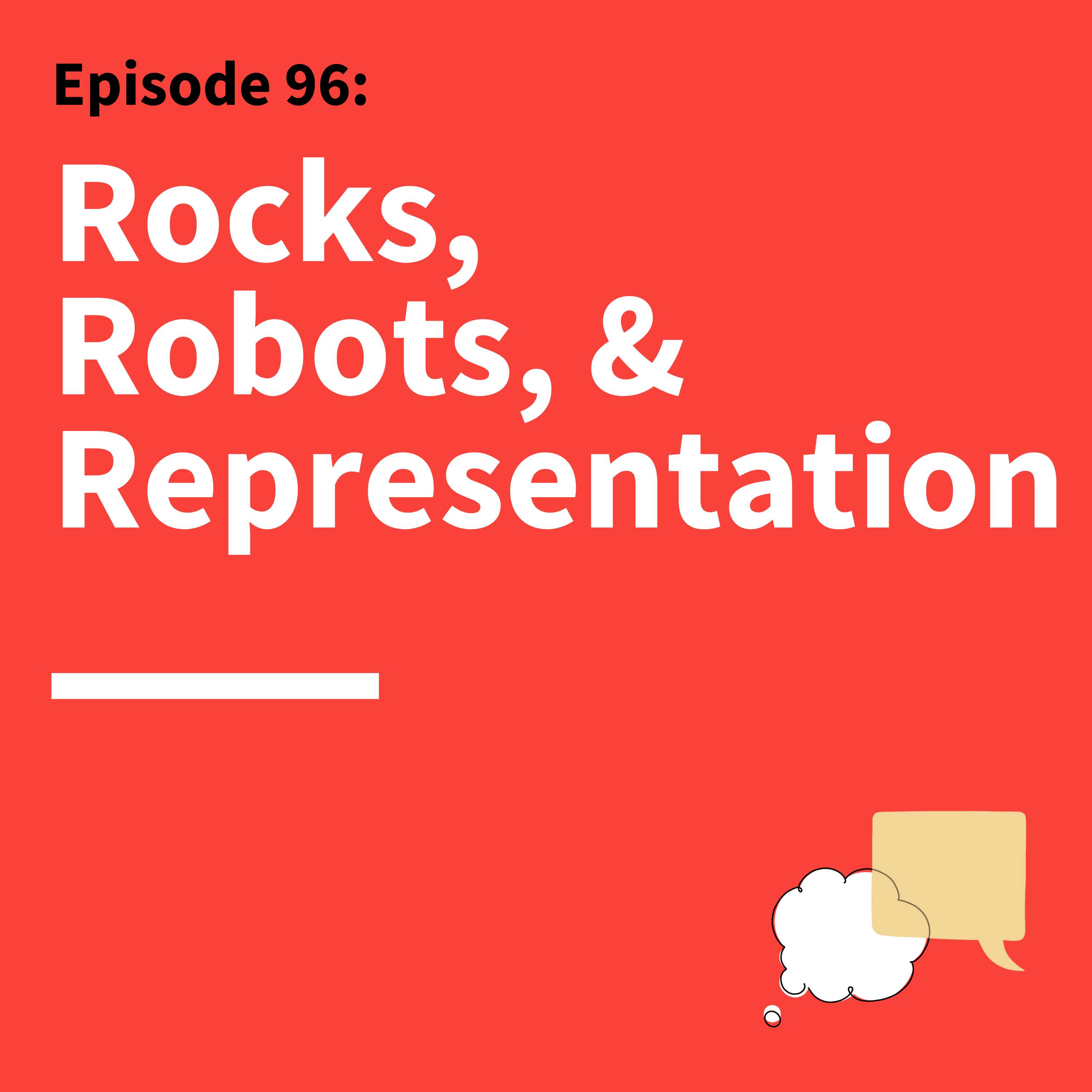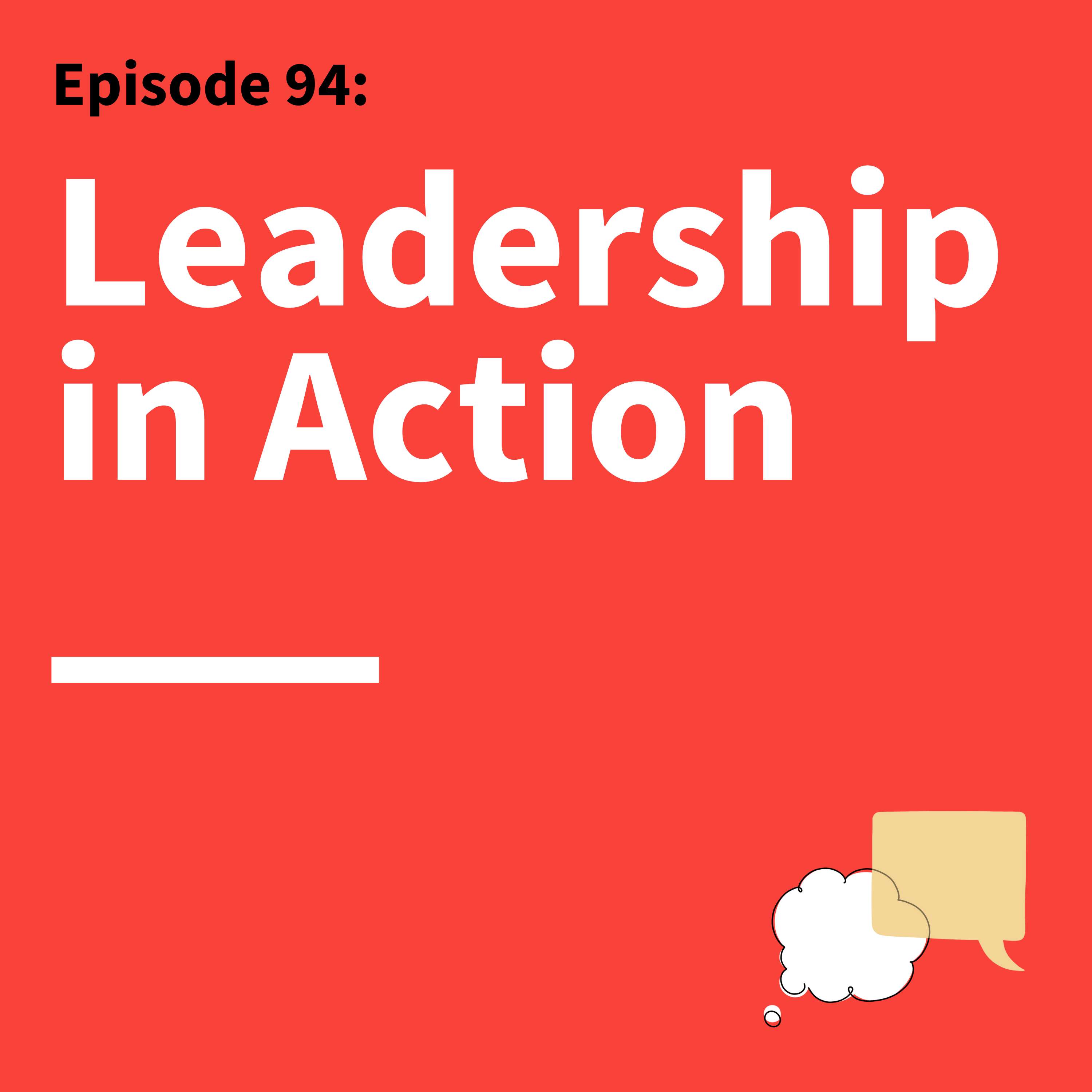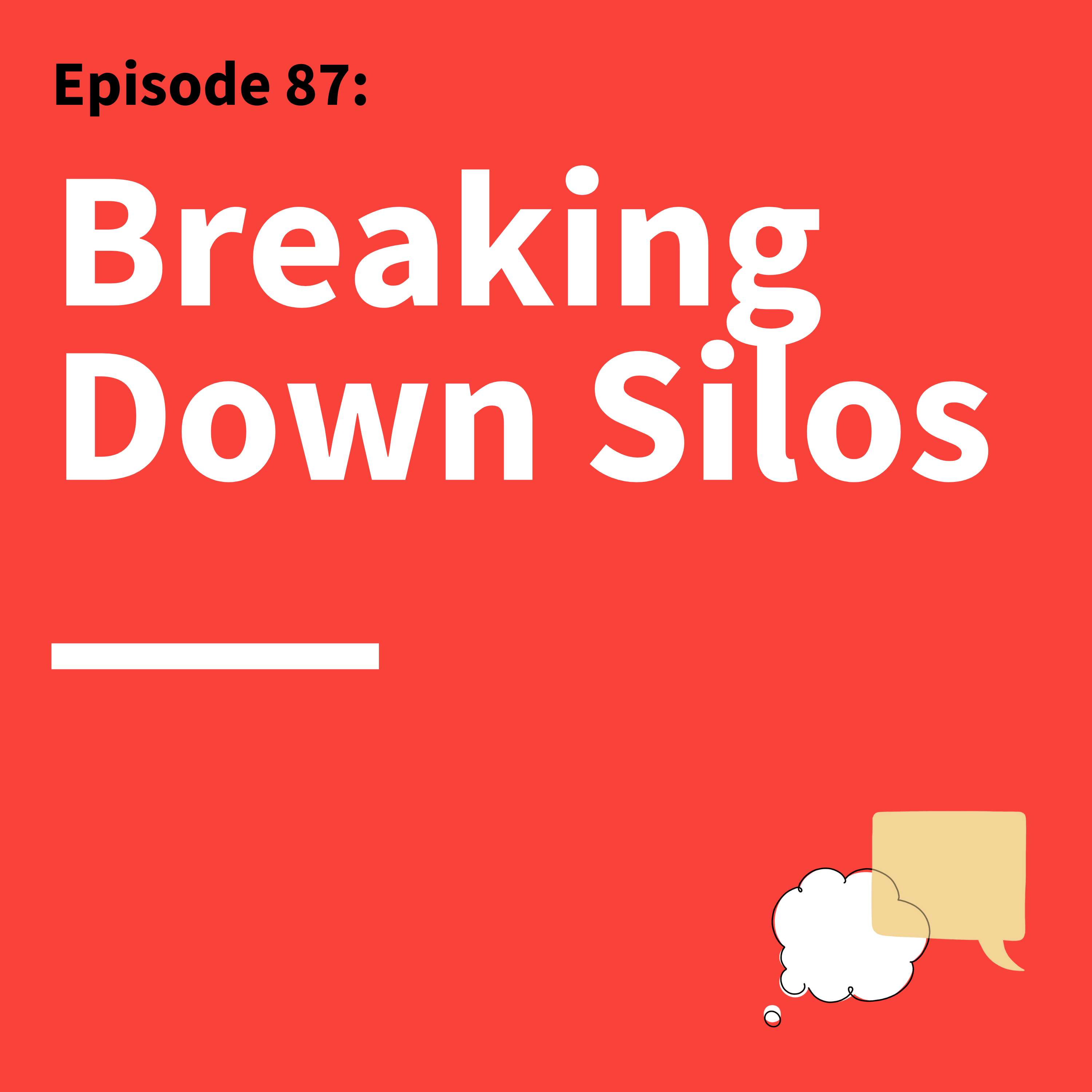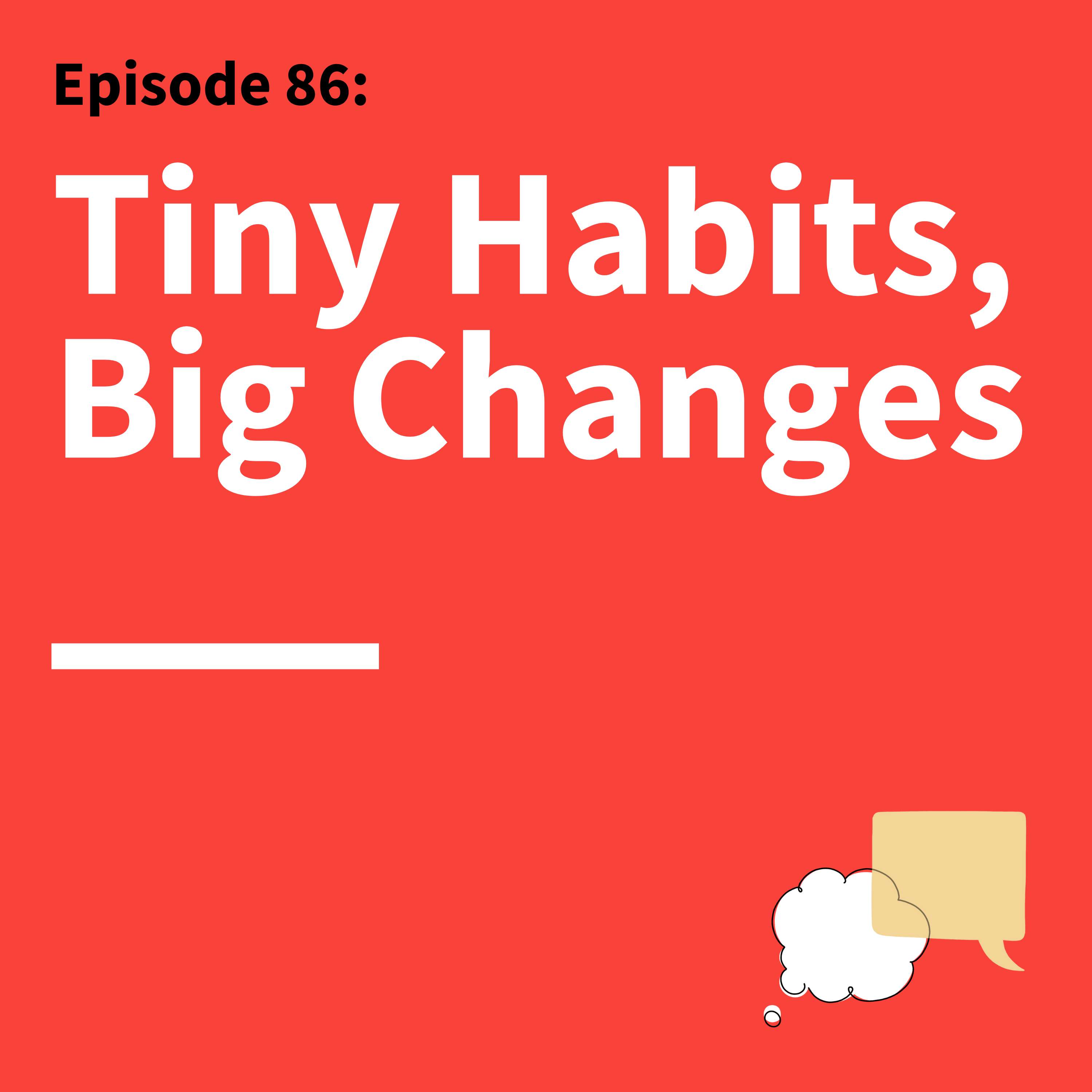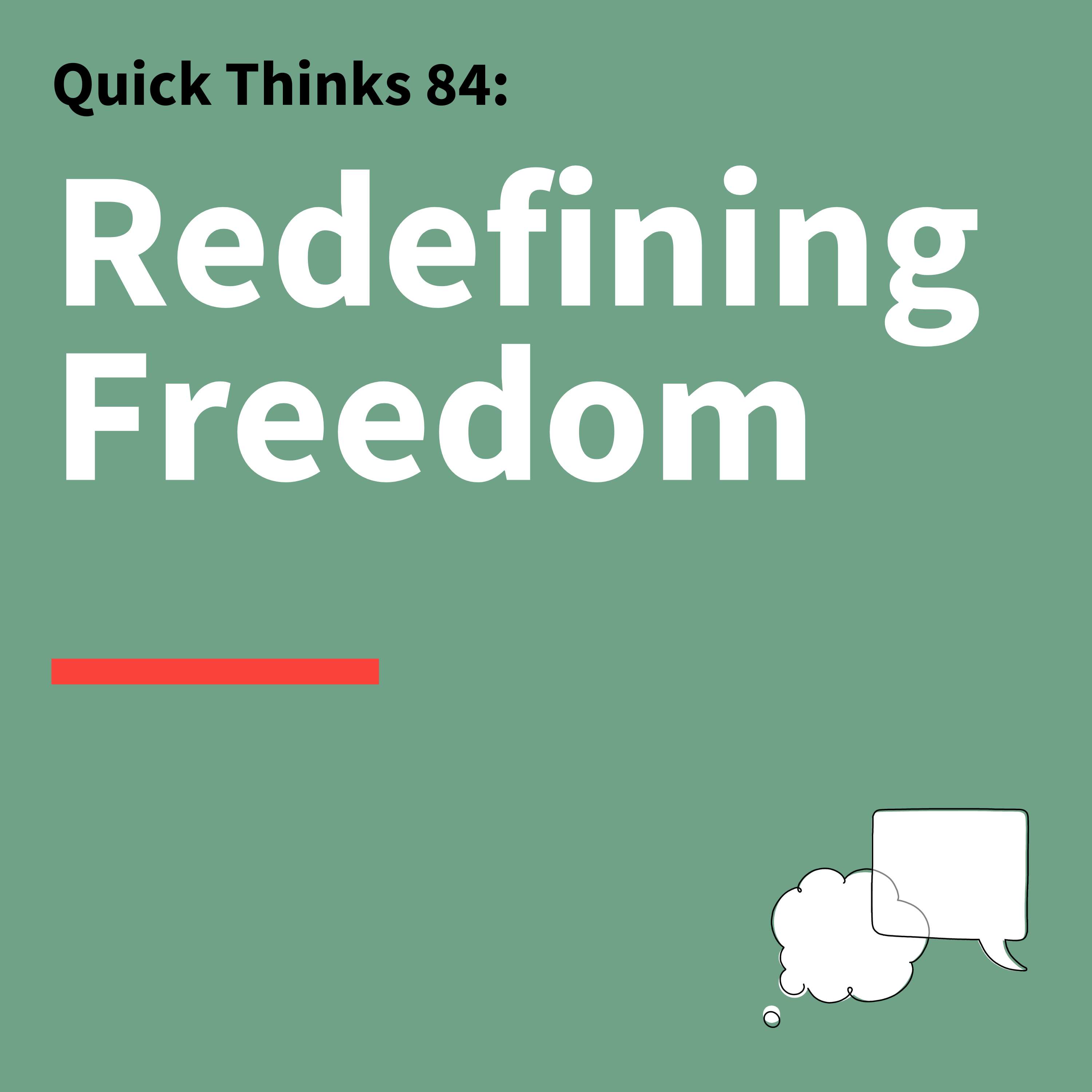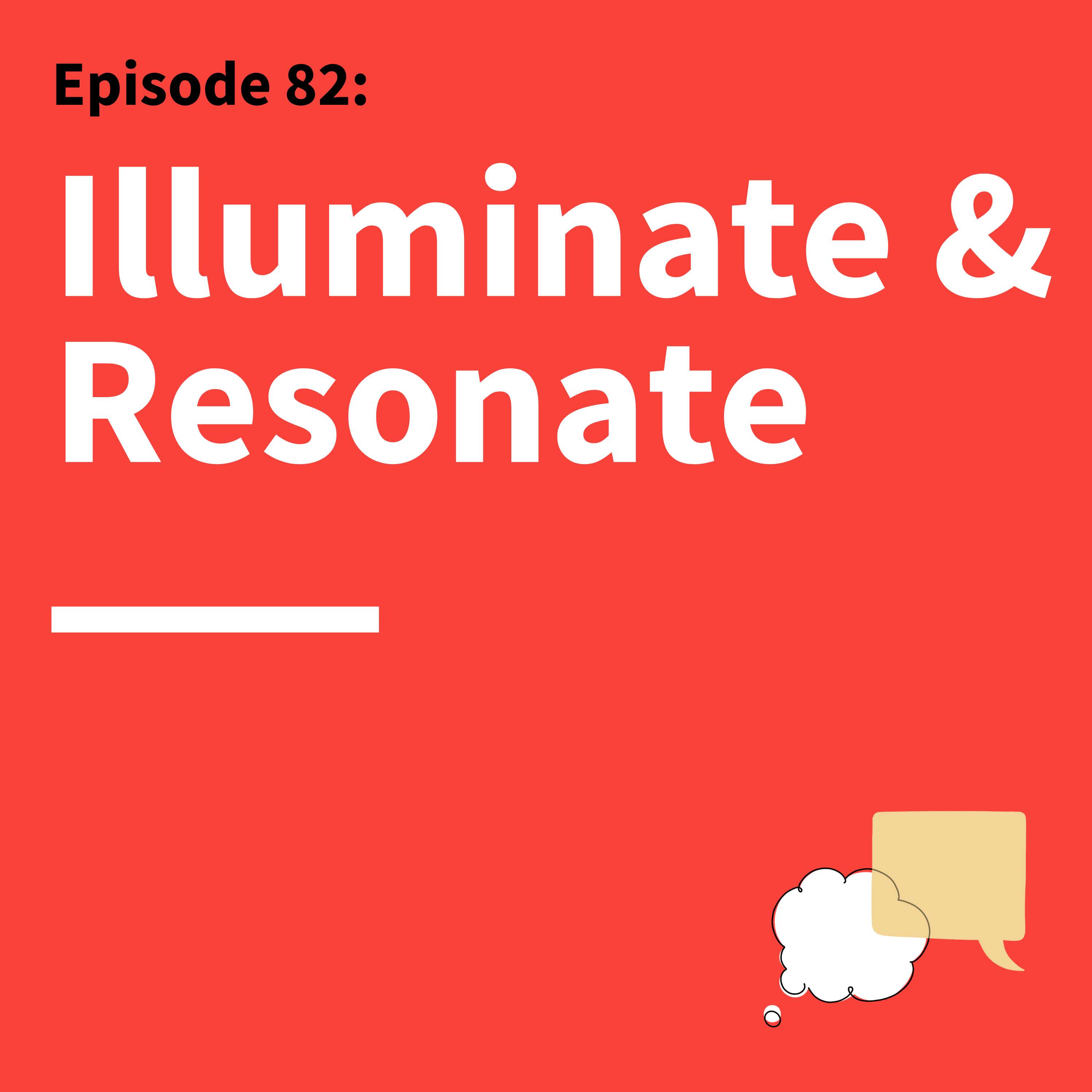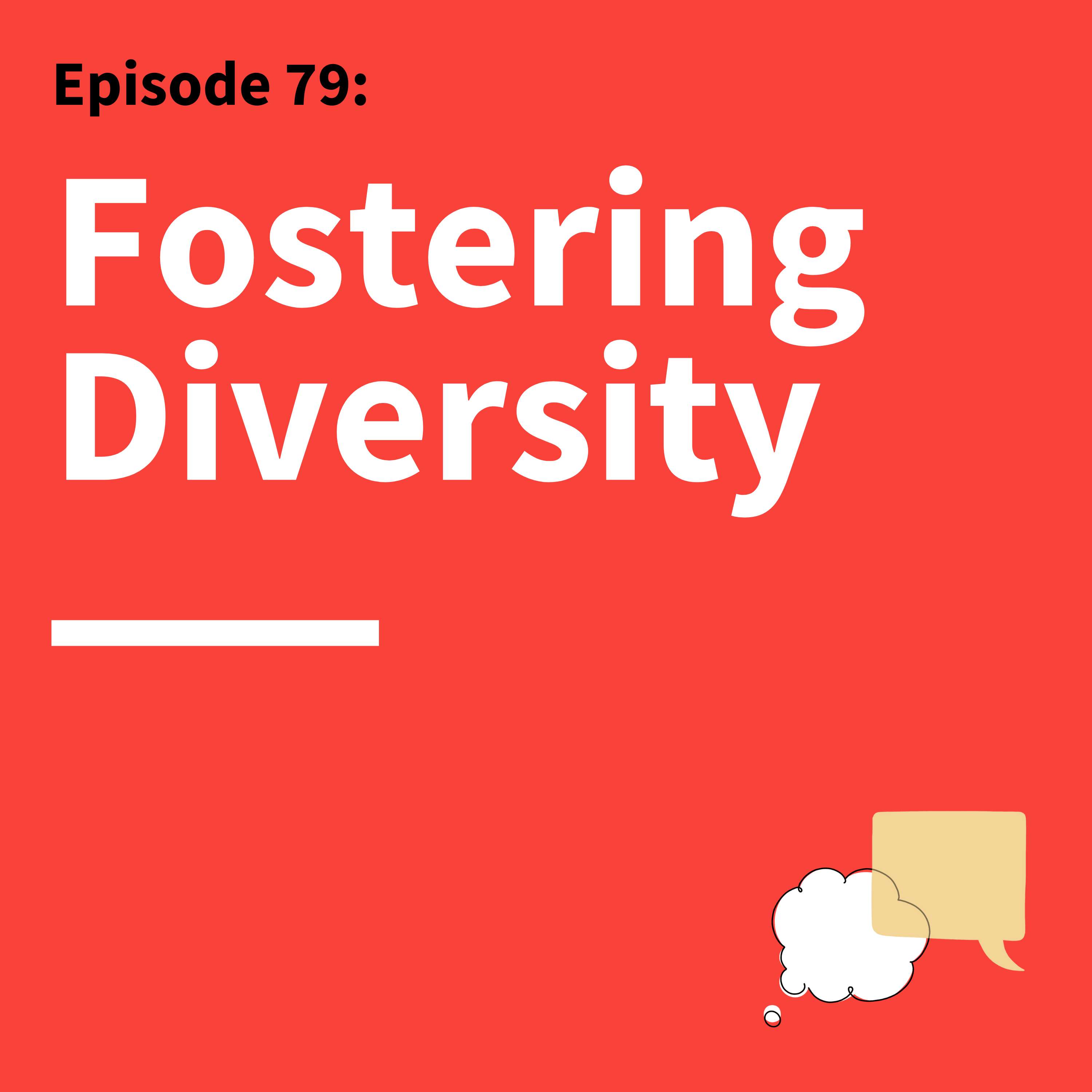Episodes
102. Create a Presence: How to Communicate in a Way Others Can Feel
The best communicators create a strong presence.
101. We Belong Together: How Communication Fuels Connection and Commu…
How communication can help us find the connection we crave and need.
100. Shut Up! How to Communicate Better by Talking Less
It’s time we all zipped it.
99. Rethinks: How to Handle Challenging Conversations
Being a better listener has a lot to do with silence, says Collins Dobbs , a lecturer in management at Stanford Graduate School of Business. “A lot of people are uncomfortable with the smallest modicum of silence, but learnin...
98. Give It to Me Straight: How to Give Honest, Constructive Feedback
Workplace feedback can be your company’s secret weapon.
97. No Rules, No Trust: How Accountability Shapes Communication
Why you can’t have trust and accountability without rules.
96. Rock and Role: How Assigning Gender to Inanimate Objects Influenc…
How ideas about gender affect our interactions.
95. The Power of No: How Boundaries Help Us Live More Empowered Lives
Saying no empowers us to live the lives we want.
94. LEADing ideas: Research-Backed Tips and Tools from Four Stanford …
Breaking new ground, Think Fast, Talk Smart steps into the world of live events, bringing together an eager audience of LEAD students from Stanford University and a top-notch panel of former podcast guests: Jesper B. Sørensen...
93. All the Feels: The Personal and Professional Power of Emotional A…
Deep connection with others starts by connecting more deeply with ourselves.
92. No Regrets: How to Take Risks in Your Communication, Relationship…
Why we often over-index on risk.
91. Um, Like, So: How Filler Words Can Create More Connected, Effecti…
The meaning we all ascribe to filler words and how to use them in your communication.
90. Rethinks: Brains Love Stories – How Leveraging Neuroscience Can …
Ways to tap into our hardwired response to communication.
89. Listen, Listen, Listen: How to Build Deep Connections
How to be a skilled conversationalist in work, love, and life.
88. Rethinks: Leading From Home – How to Create the Right Environment…
Knowing what your audience needs to hear and how they need to hear it.
87. Know What You’re Saying: How Communicating Tests Our Understanding
It’s not about what you know — it’s about how well you can communicate it.
86. Building Habits: The Key to Lasting Behavior Change
The secret to building habits that stick.
85. Rethinks: Don't Get Lost in Translation
Tactics for non-native English speakers to handle in-the-moment communication challenges.
84. Quick Thinks: How Others Define Us
Why it's those around you who truly define who you are.
83. You Need a Manifesto: How to Communicate Your Convictions
The power of crafting your own personal manifesto.
82. It’s Not About You: Why Effective Communicators Put Others First
Why the audience is the real hero of your presentation.
81. Fact or Fiction? How to Communicate When We Hold Different Beliefs
What to do when we disagree about our deepest-held beliefs.
80. Magic Words: Change What You Say to Inspire and Influence Others
The secret to persuading others and getting your ideas to catch on.
79. Equity by Design: How Diversity Ignites Creativity
Better practices for building inclusive cultures and communication.
